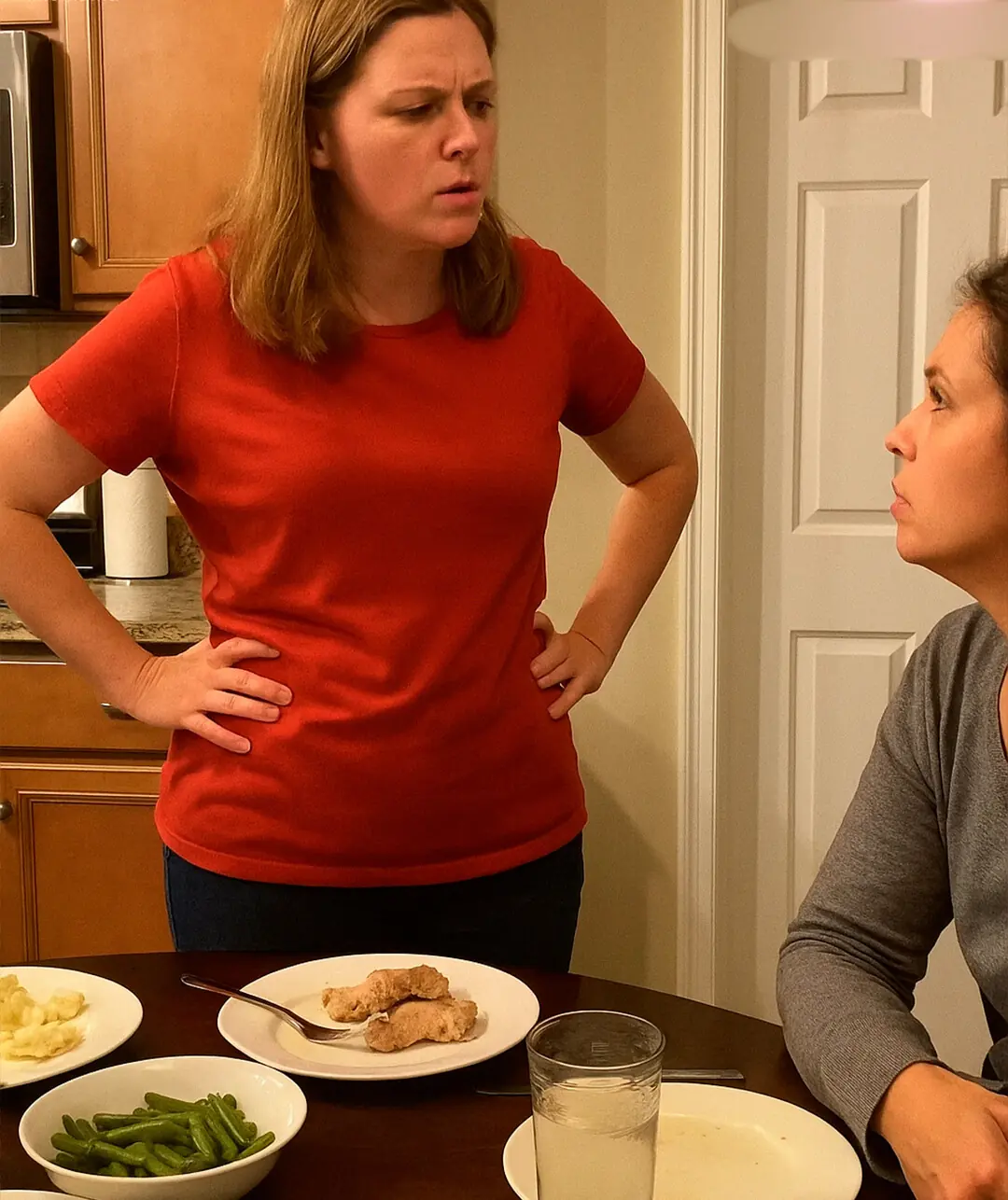
My MIL Demanded I Give Her a Key to Our House Because 'That's What Good DILs Do'
When my mother-in-law insisted she needed a key to our home because “that’s what good daughters-in-law do,” I realized she had no idea what boundaries were. So I decided to teach her—kindly, but firmly—exactly what privacy means, and that our home wasn’t hers to control.
Let me be clear: I love my husband, Josh. He’s kind, thoughtful, and endlessly patient. But his mother, Diane? Let’s just say she believes that a marriage certificate is a three-way contract—her name included.
At first, I thought Diane was wonderful. She greeted everyone with a warm smile, remembered your favorite coffee after just one order, and never forgot a birthday. She was the kind of woman who made you feel welcome in her orbit.
But when it came to her son? She transformed.
Suddenly, the same woman who once complimented my roast chicken recipe was “helping” me rearrange my spice rack because, “Josh prefers the paprika on the left, sweetie.”
I met Josh at the marketing firm we both worked at. He was the quiet creative director, all dry humor and deep thoughts. Our relationship blossomed quickly—coffee breaks turned into dinner dates, and before long, we were engaged.
I remember the phone call he made to Diane to share the news.
“You proposed already?” she said, her voice audible even on speakerphone. “Isn’t that a little fast? What about Sarah from college?”
Josh brushed it off. “Mom, Kiara’s different.”
I thought that would be enough. I thought she’d warm up to me eventually.
I was wrong.
The turning point came when I got pregnant. Diane suddenly inserted herself into every moment of the experience—uninvited and often unwelcomed.
She’d walk into our house without warning, offer her “expert” advice on everything from pregnancy cravings to sleeping positions, and worst of all, touch my belly without asking. Her commentary was always peppered with nostalgia about Josh’s babyhood, as though that made her intrusion endearing.
Then there was the day she showed up with cleaning supplies, unannounced.
“I figured you could use the help,” she said, breezing past me while I stood at the door in my robe, unshowered, juggling our screaming three-month-old. “I brought my own mop.”
I was too tired to argue. But deep down, I felt violated. It wasn’t about cleaning—it was about control.
From that day on, the visits became more frequent, the suggestions more invasive. She’d rearranged our furniture because the “feng shui was all wrong,” tossed out our favorite snacks because they were “basically poison,” and once, she walked right into our bedroom while I was breastfeeding.
“Oh, don’t mind me,” she said casually, placing towels in our en suite. “I’ve seen it all before.”
I was stunned.
When I asked her—begged her—to knock next time, she looked at me like I was speaking a foreign language.
“We’re all family here,” she said, smiling.
But that was the problem—she thought being family gave her unlimited access.
Then came the brunch.
We were halfway through a peaceful Sunday morning meal when she dropped it: “I’ll need a key to your house.”
I almost spit out my coffee.
“For emergencies,” she added, as if that justified it. “You know, for dropping things off. Every good daughter-in-law gives her mother-in-law a key. It’s normal.”
I glanced at Josh, who chose to stay diplomatically silent by stuffing a scone into his mouth.
Diane wasn’t done.
“Phyllis has her own room at her son’s house,” she added. “You’re not hiding anything from me, are you?”
I wanted to scream. Yes, I was hiding something: the last shred of peace and privacy I had in my own home.
On the way home, Josh tried to defend her.
“Maybe it’s easier just to give her one,” he suggested.
“Easier for who?” I asked.
He didn’t answer.
Weeks passed. Diane didn’t let it go. Daily texts. Reminders. “Normal families share keys.” Josh, exhausted, finally caved.
“It’s just a key,” he sighed one night. “We’ll never hear the end of it if we don’t.”
That’s when the idea struck.
At brunch the following Sunday, I handed Diane a small, ribboned box. She opened it eagerly, eyes gleaming.
Inside was a shiny brass key.
She looked at me, triumphant. “This is what good daughters-in-law do,” she said proudly, pocketing it.
I smiled. “You’re welcome.”
A week later, while Josh and I were out enjoying a rare brunch date, I got a Ring camera alert.
There she was—standing at our front door, key in hand, struggling with the lock.
Jiggle. Twist. Frown. Try again.
She bent over to inspect the knob, clearly annoyed.
I answered through the speaker.
“Everything okay, Diane?”
She jumped, startled. “The key’s not working. Did you give me the wrong one?”
I sipped my coffee.
“Nope. That’s the key to Josh’s old bedroom at your house. You remember, the one you used to walk into without knocking? That was your space. But this house? This is ours.”
She blinked, stunned. Then turned around and walked back to her car, stiff with indignation.
That evening, Josh sent her a text: “We’d love for you to visit. But from now on, only by invitation.”
Silence.
For three days, she didn’t reply. No calls. No texts. It was…strangely peaceful.
When she finally called Josh, her voice was quiet.
“I’ve been thinking. I may have overstepped.”
It wasn’t an outright apology, but coming from Diane? It was a revelation.
“I just want to be part of your lives,” she added. “I worry.”
“You are part of our lives, Mom,” Josh said gently. “But we need boundaries.”
That Friday, she texted to ask if she could come by for dinner. She brought a homemade chocolate cake and a small gift bag.
Inside was a doorbell.
“For when I visit,” she said with a soft smile. And when she needed to use the bathroom that evening?
She knocked.
That night, Josh wrapped his arm around me on the couch.
“That was kind of brilliant,” he said. “The key switch.”
I rested my head on his shoulder.
“Guess it’s never too late to learn about boundaries,” I said.
He nodded. “Or to teach them.”
News in the same category

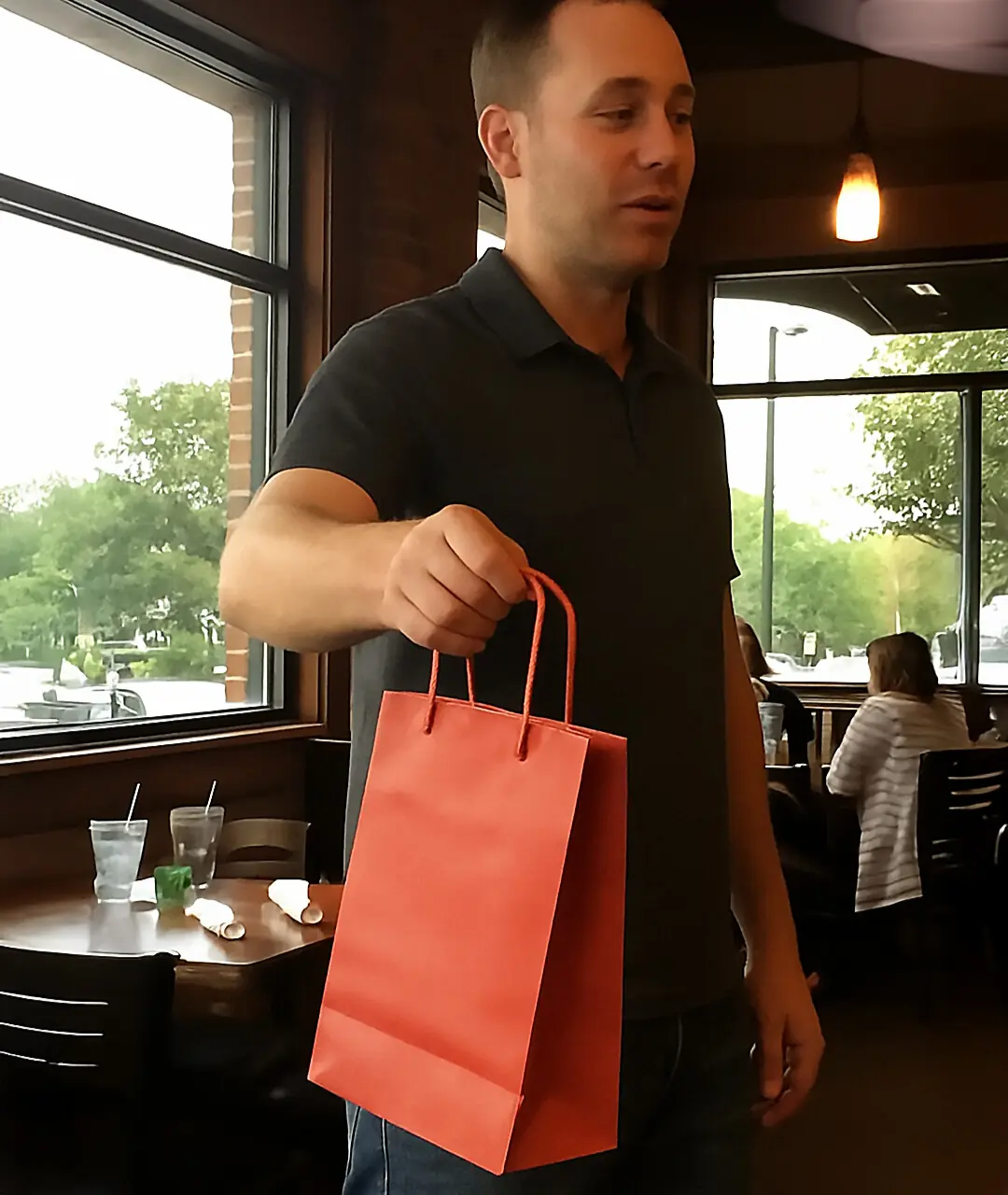
I Walked Out of My Own Birthday Dinner in Tears from Humiliation After My Fiancé's 'Surprise'
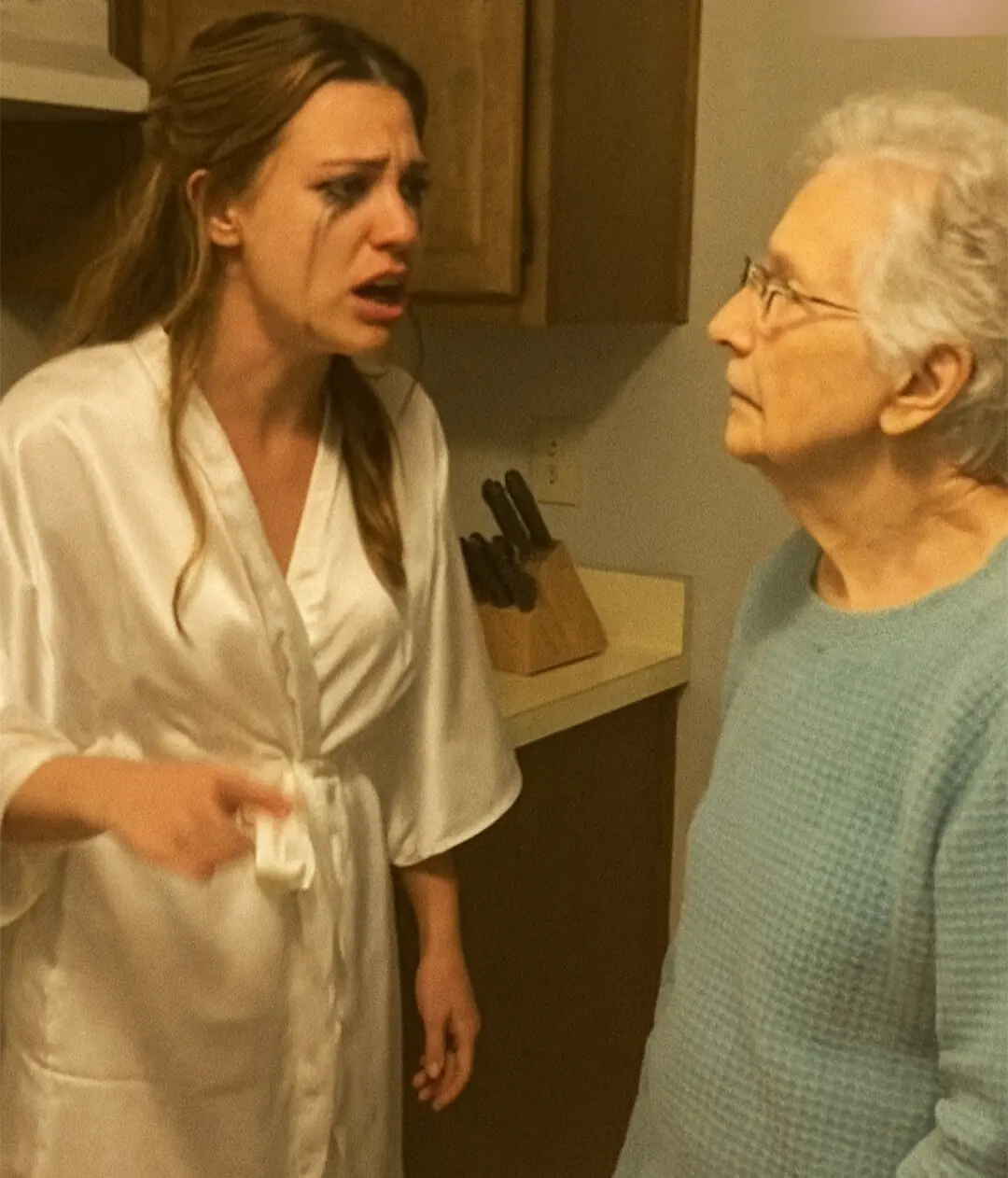
My Granddaughter Said Her Wedding Was 'For Her Friends' and Didn't Invite Me—Then She Found Out What I Was Going to Give Her

I Took an Abandoned Girl from Church on Easter Only to Uncover My MIL’s Deepest Secret
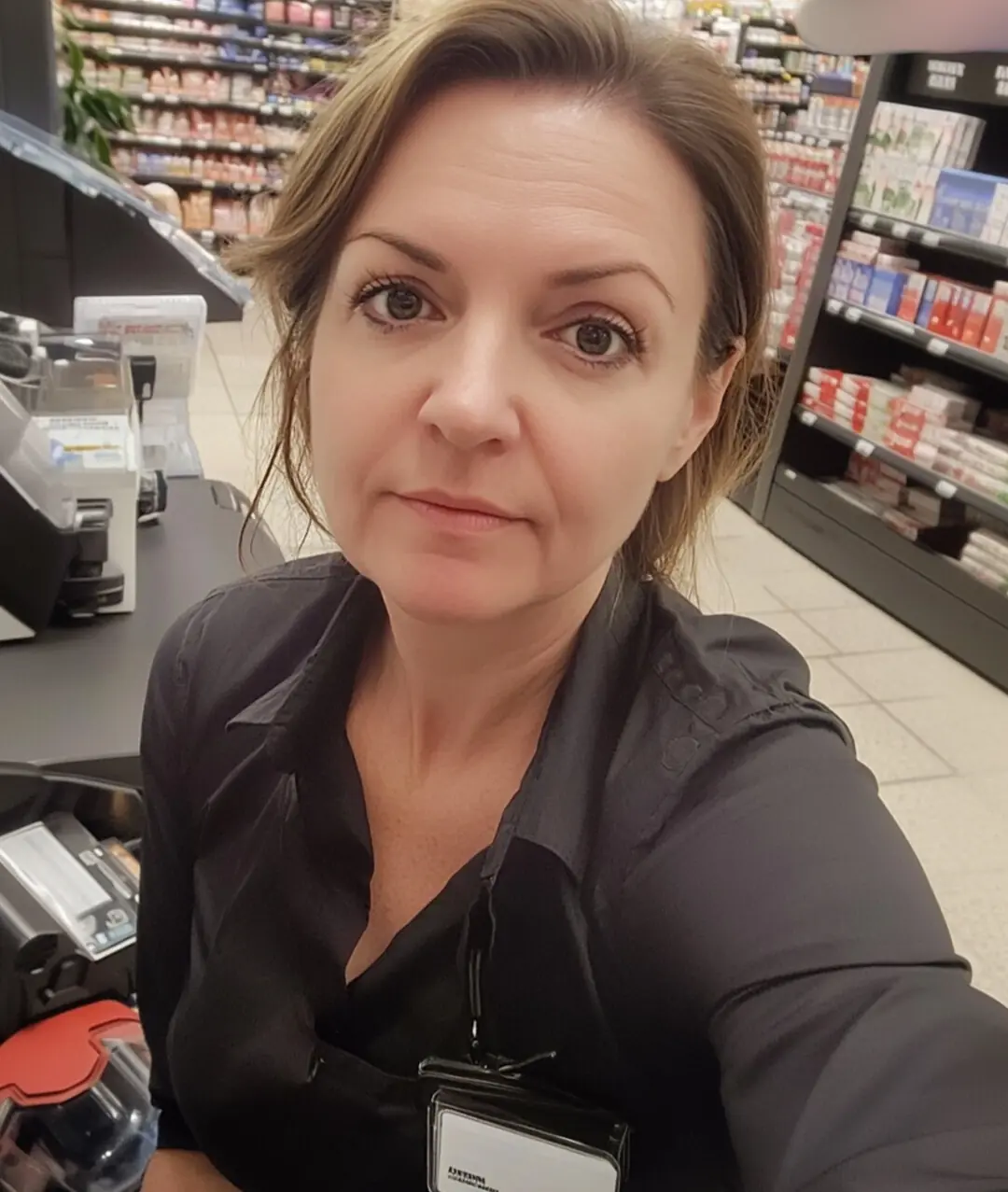
Little Girl is Caught Stealing, but When the Cashier Learns Why, She Makes an Unthinkable Decision
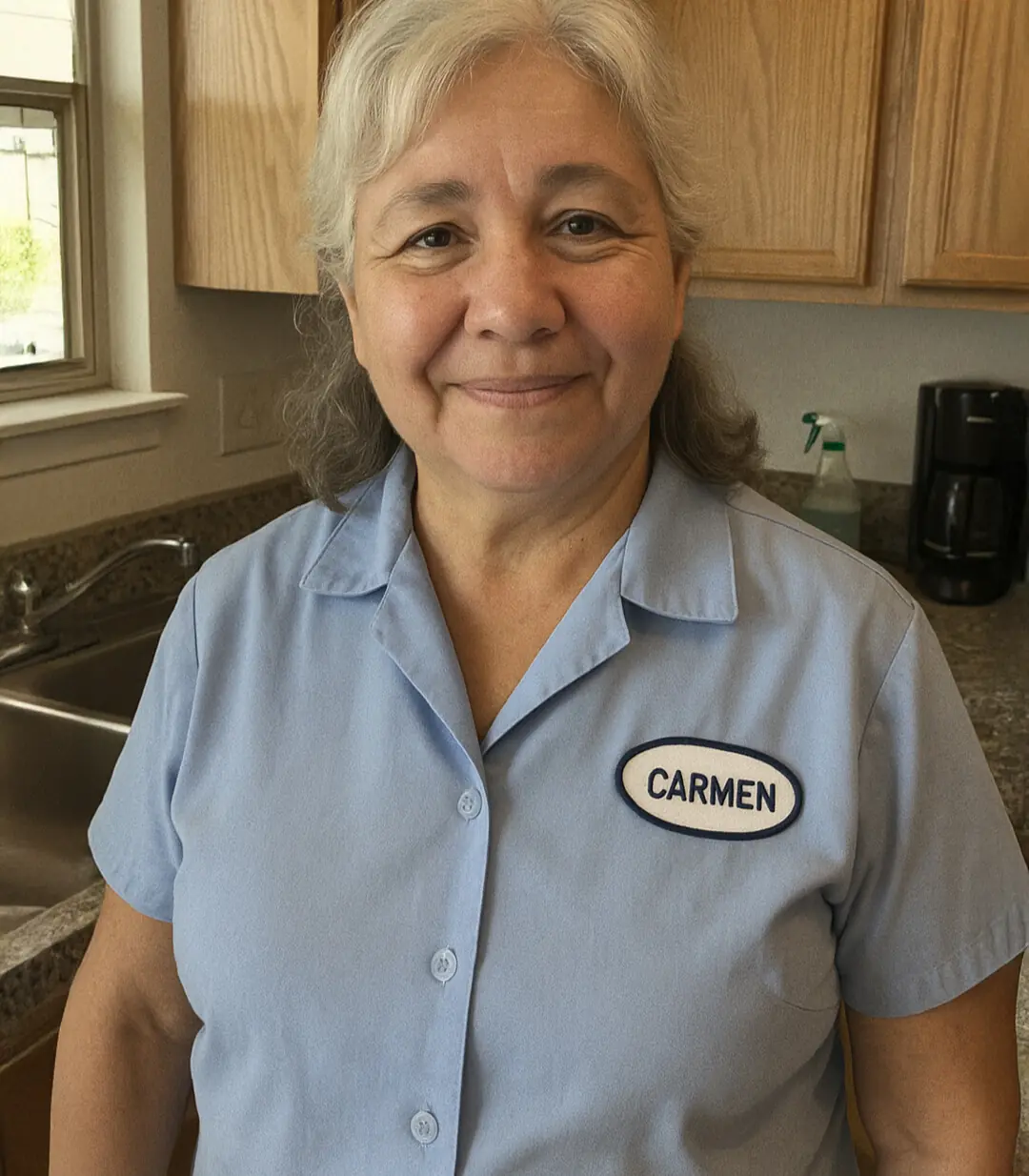
My Daughter Said I Could Only Come to Her Graduation If I 'Dressed Normal' Because She Was Ashamed of Me

Dying Grandson Poses as Tenant to Spend Final Weeks with Estranged Grandfather

My Daughter's MIL Called Me a Beggar and Kicked Me Out of My Granddaughter's Birthday Party

My Neighbor Poured Cement over My Flower Garden Because the Bees Annoyed Him—He Never Expected Payback from the 'Sweet Old Lady' Next Door

My MIL Kicked Me and My Kids Out of a Family Photoshoot Because We Weren't Wearing Matching Christmas Pajamas
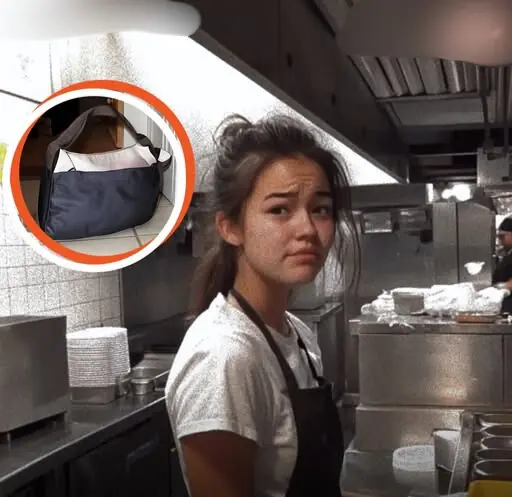
Boss Fires Young Dishwasher Suspecting Her of Theft, Apologizes in Tears After He Opens Her Bag
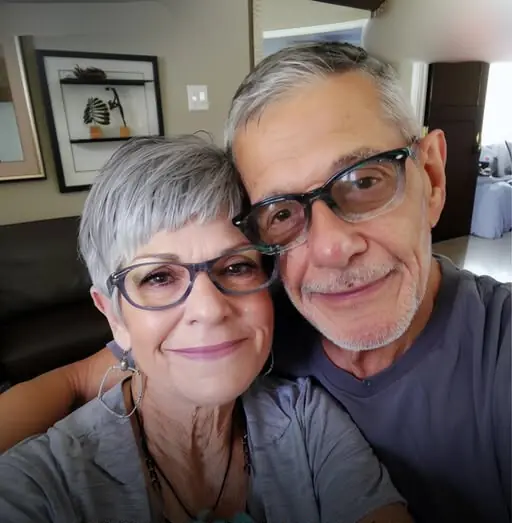
Woman Asks Husband of 30 Years for Divorce Even Though He'd Done Nothing

Son Leaves Mom in Wheelchair on the Street, Year Later Sees Her Coming to His House on Her Feet

The Woman Who Wanted My Life Was Already in My House
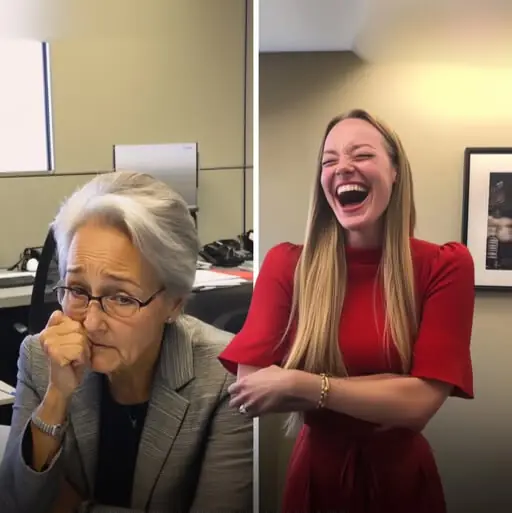
Woman Mocked Me for My Age Only to Share Dinner as My Son’s Fiancée the Very Next Day
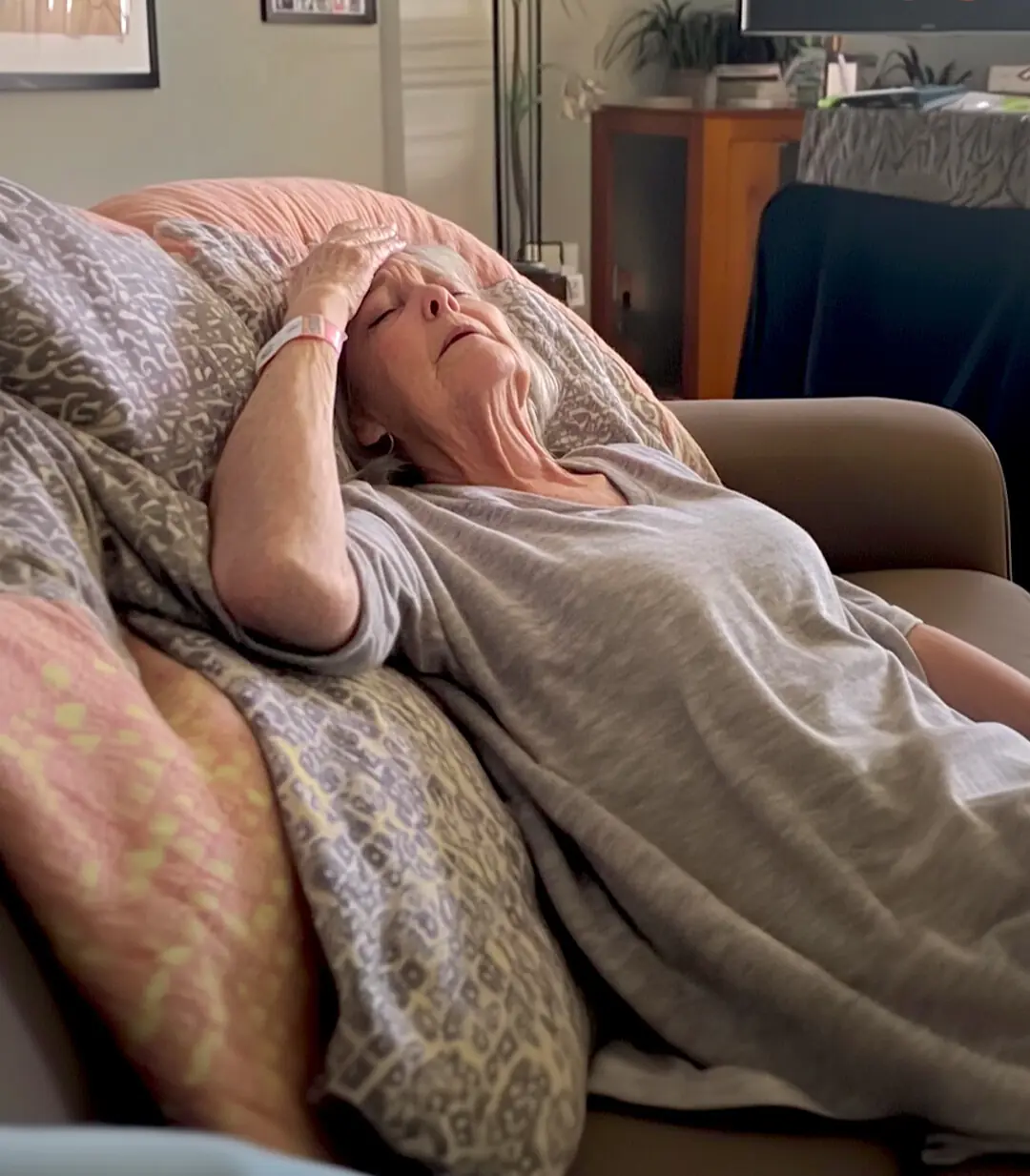
My Husband Sent Me to Care for His Sick Mother While He Went to a Resort with His Mistress, Unaware It Was All Part of My Plan

Lady Informs Fiancé's Family She Is Pregnant, 'He's Infertile!' His Mom Says

I Was Critically Ill and Begged My Husband to Come Home – He Kept Texting 'Almost There,' but Then His Coworker Told Me the Truth
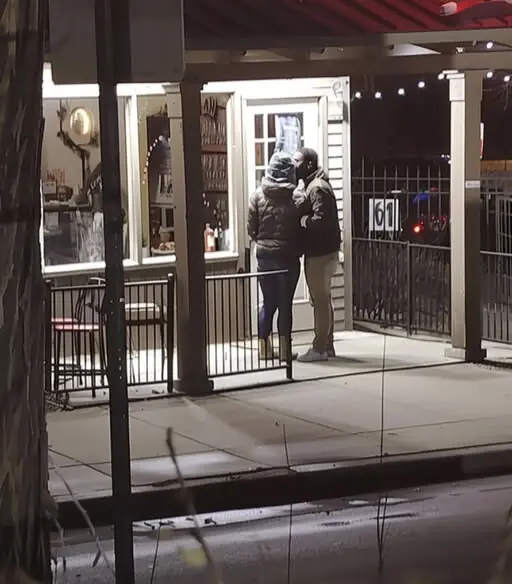
I Helped My Husband Get Back with His First Love but Didn't Know What I'd Go Through
News Post

5 Common Food and Drinks That Can Be Just as Bad for Your Liver as Alcohol

3 Signs Your Parent May Be Nearing the End of Life — How to Prepare for What’s Ahead

The science behind eye ‘sleep:’ What that crust really is

They will disappear in 1 minute! ❗️ 100-year-old recipe from my favorite grandmother!

How to Naturally Clear Phlegm and Mucus from Chest and Throat

Skillet Beef Stroganoff Tortellini in Creamy Sauce 🍝🍖🧄🌿

Chewing Cloves Daily: A Tiny Habit with Massive Health Benefits

Sida Acuta: The Powerful Herb You Never Knew You Needed

Taco Macaroni and Cheese

Chocolate Chip Cookie Dough Brownie Bombs

What This Oncologist Notices First in Most Cancer Patients Might Surprise You

Cowboy Butter Chicken Pasta: A Flavorful Twist on a Classic Dish!
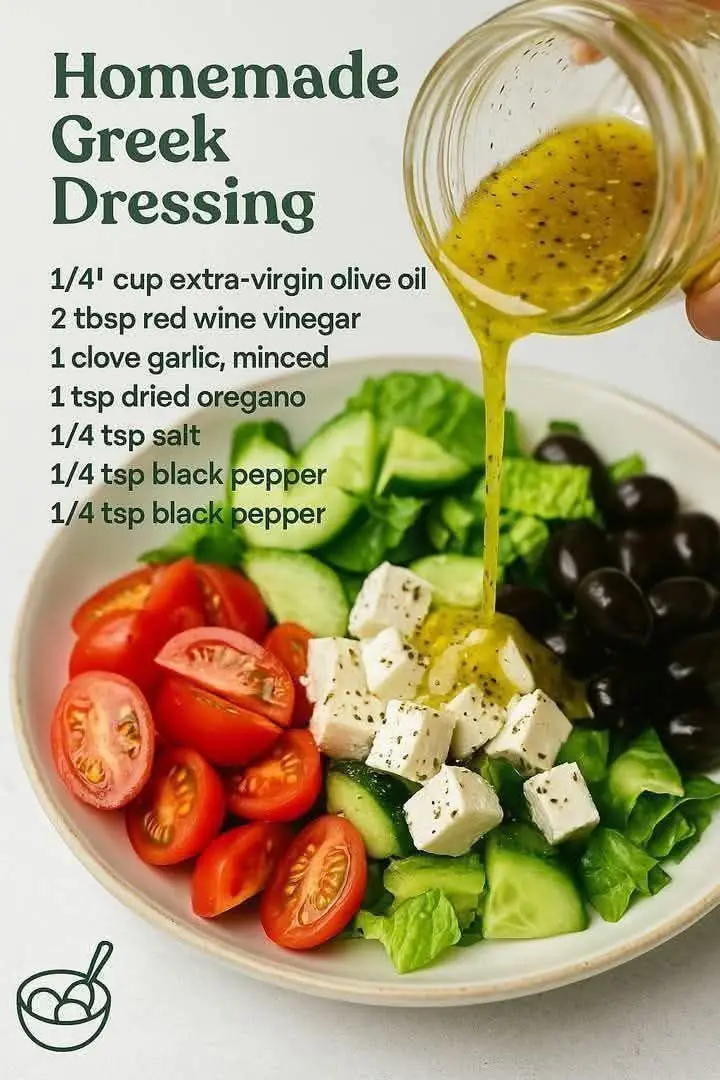
Homemade Greek Vinaigrette – Instructions

creamy-strawberry-apple-punch

No-Bake Turtle Mini Cheesecakes

Aneurysm: Signs You Shouldn't Ignore

This is What Measles Does to Your Body

My Brother's Fiancée Demanded Our Family's Inheritance for Her Kids — I Said Yes, Then Asked One Question That Shut Her Down

I Walked Out of My Own Birthday Dinner in Tears from Humiliation After My Fiancé's 'Surprise'
